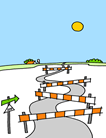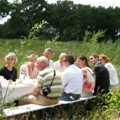 |
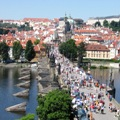 |
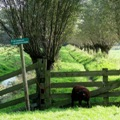 |
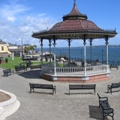 |
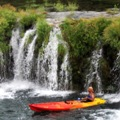 |

|
Better regional coherence
|
Essential issuesThe first decade of the twenty-first century has shown dramatic shifts in economies, politics and society. As a result public funding shrinks, governmental responsibilities are passed down and the long-term focus on sustainable development has been replaced for short-term competitive advantage. Increasing globalisation goes hand in hand with the countervailing trend of reinforcement of economic and political life at the regional level. Regions are becoming the critical locus, shaping an emerging geographical mosaic of regional systems across administrative borders. Traditional relationships change, new responsibilities appear. It is becoming critical for regions, communities and industries to understand these general trends and their impacts, and adapt to future events. However, little effort has been put in development of competencies for leaders, officials and professionals to fulfil a successful role in such processes. What are the economic logic and the social-political meaning of these developments? How does it affect local communities and how can they adapt and continue to build their future? |
The study tour programmeThe tour has been set up to get an overview of the range of developments by visiting several sites and getting in touch with local organisations. The tour went along Rotterdam's skyline, the river Maas and port-related issues. Visiting Maasvlakte 2, the major project of land reclamation for expanding the harbour, was an impressive example of what mankind is capable of. Visits to sites of the Delta Works showed how long-term investments in water & land engineering improved accessibility of the islands, preservation of the delta and the economic opportunities for leisure. The expanded town of Spijkenisse with its former turbulent growth clearly illustrated the need of the town's current consolidation and focus on improving the urban life's quality. The emerging diversification in agriculture was demonstrated by a farmer's visit, a tour through the world's biggest flower auction and a pot plants nursery, as representatives of the innovate and successful Dutch greenhouse horticulture. Finally, attention for the Dutch cuisine learned about taste and origin of Dutch food, with a diverse, however growing attention to local, sustainable produced and organic food. |
Findings and reflections
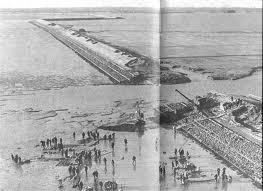 A key recurrent theme throughout the study tour was the impact that decisions and events, either planned or sudden, can have over time. Nature as well as human activity have profoundly changed the communities' future in the past, which impact and consequences were unforeseeable. We are still facing an uncertain but challenging future. Local leaders are aware of the need to adapt to changes in economy and society. Nevertheless, current initiatives for future planning seem fragmented. It remains unclear how the many future visions, ambitions, policy plans or strategies of regional parties are mutually related. Without better coherence, many intentions might not be effected, become implausible or – even worse – have opposite effects.
A key recurrent theme throughout the study tour was the impact that decisions and events, either planned or sudden, can have over time. Nature as well as human activity have profoundly changed the communities' future in the past, which impact and consequences were unforeseeable. We are still facing an uncertain but challenging future. Local leaders are aware of the need to adapt to changes in economy and society. Nevertheless, current initiatives for future planning seem fragmented. It remains unclear how the many future visions, ambitions, policy plans or strategies of regional parties are mutually related. Without better coherence, many intentions might not be effected, become implausible or – even worse – have opposite effects.
The consultation at Windsor Castle showed that the very nature of a regional society demands for more adaptive and comprehensive approaches based on local ownership, although it is not a path well trodden. New leadership, responsibility, innovative entrepreneurship, self-organization and collaboration in temporary alliances are becoming essential basics.
More information
Study Tour Report: |
Better regional coherence as future challenge for peri-urban Rotterdam area |
Study Tour Brochure: |
Headlines of the study tour report Better regional coherence as future challenge (issued by Regiowaarde) |
Windsor Consultation: |
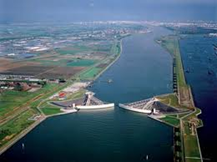 Following on from the
Following on from the 